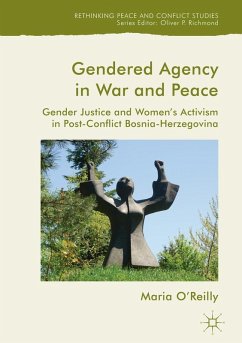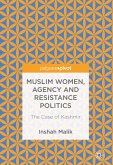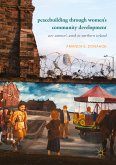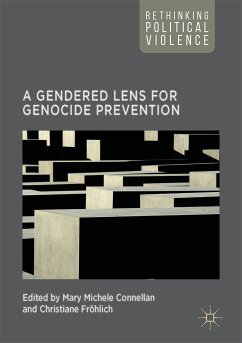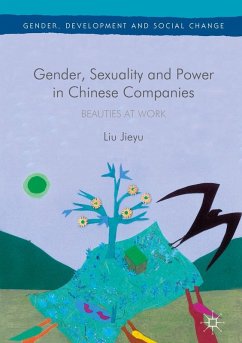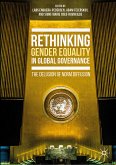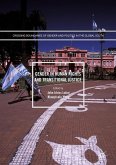This book examines how gendered agency emerges in peacebuilding contexts. It develops a feminist critique of the international peacebuilding interventions, through a study of transitional justice policies and practices implemented in Bosnia & Herzegovina, and local activists' responses to official discourses surrounding them. Extending Nancy Fraser's tripartite model of justice to peacebuilding contexts, the book also advances notions of recognition, redistribution and representation as crucial components of gender-just peace. It argues that recognising women as victims and survivors of conflict, achieving a gender-equitable distribution of material and symbolic resources, and enabling women to participate as agents of transitional justice processes, are all essential for transforming the structural inequalities that enable gender violence and discrimination to materialise before, during, and after conflict. This study establishes a new avenue of analysis for understanding responses and resistances to international peacebuilding, by offering a sustained engagement with feminist social and political theory.
Dieser Download kann aus rechtlichen Gründen nur mit Rechnungsadresse in A, B, BG, CY, CZ, D, DK, EW, E, FIN, F, GR, HR, H, IRL, I, LT, L, LR, M, NL, PL, P, R, S, SLO, SK ausgeliefert werden.

